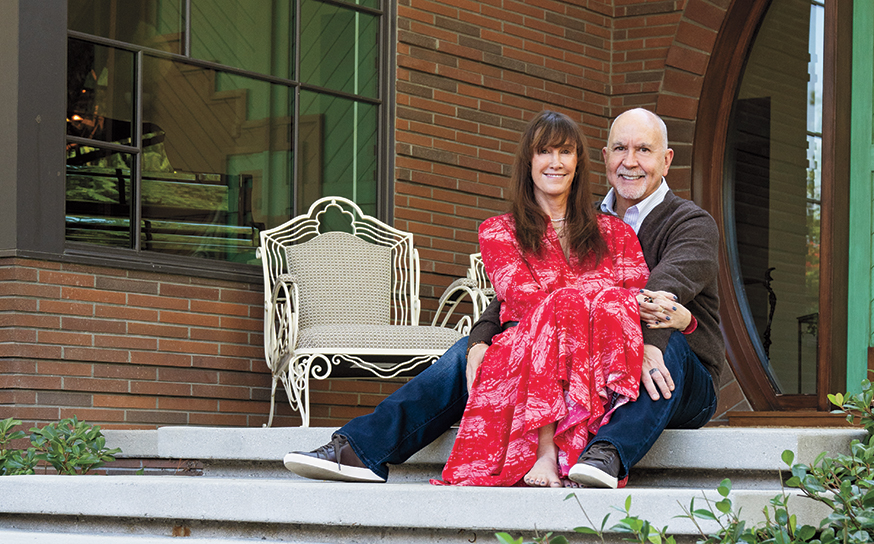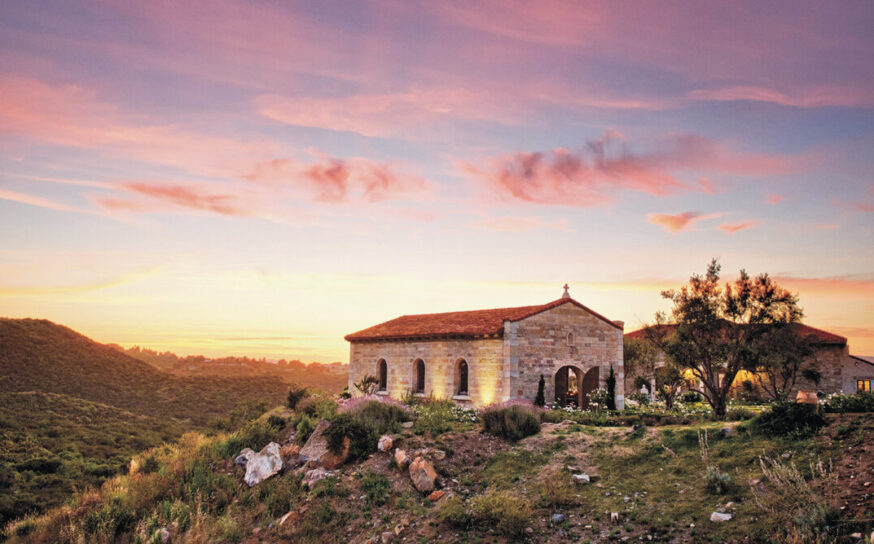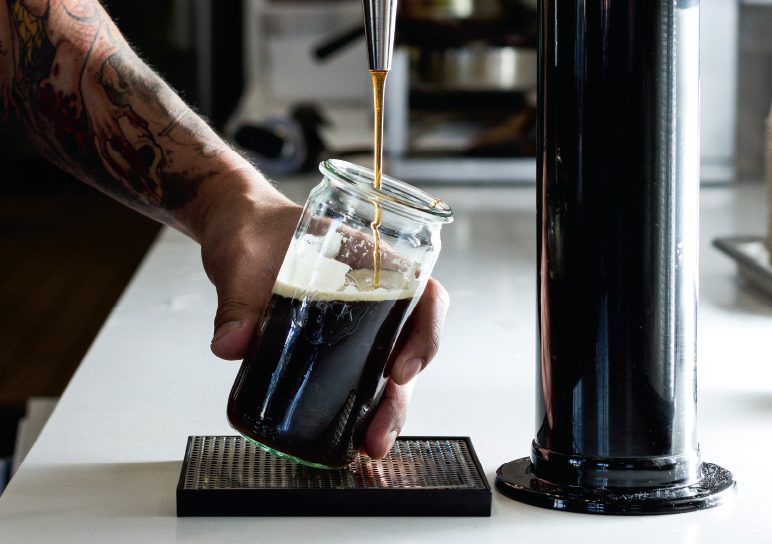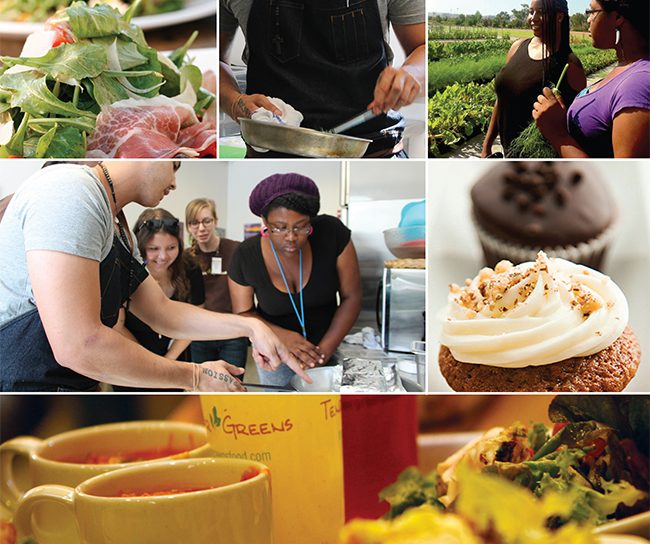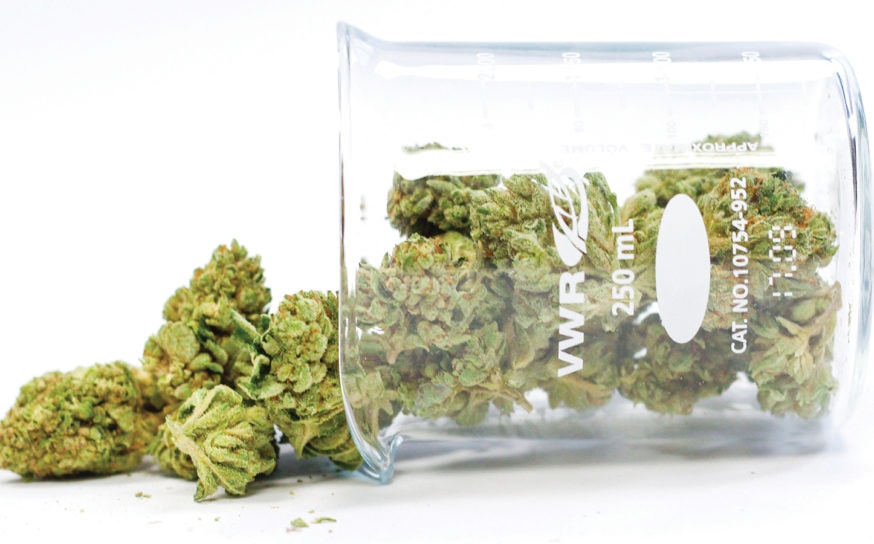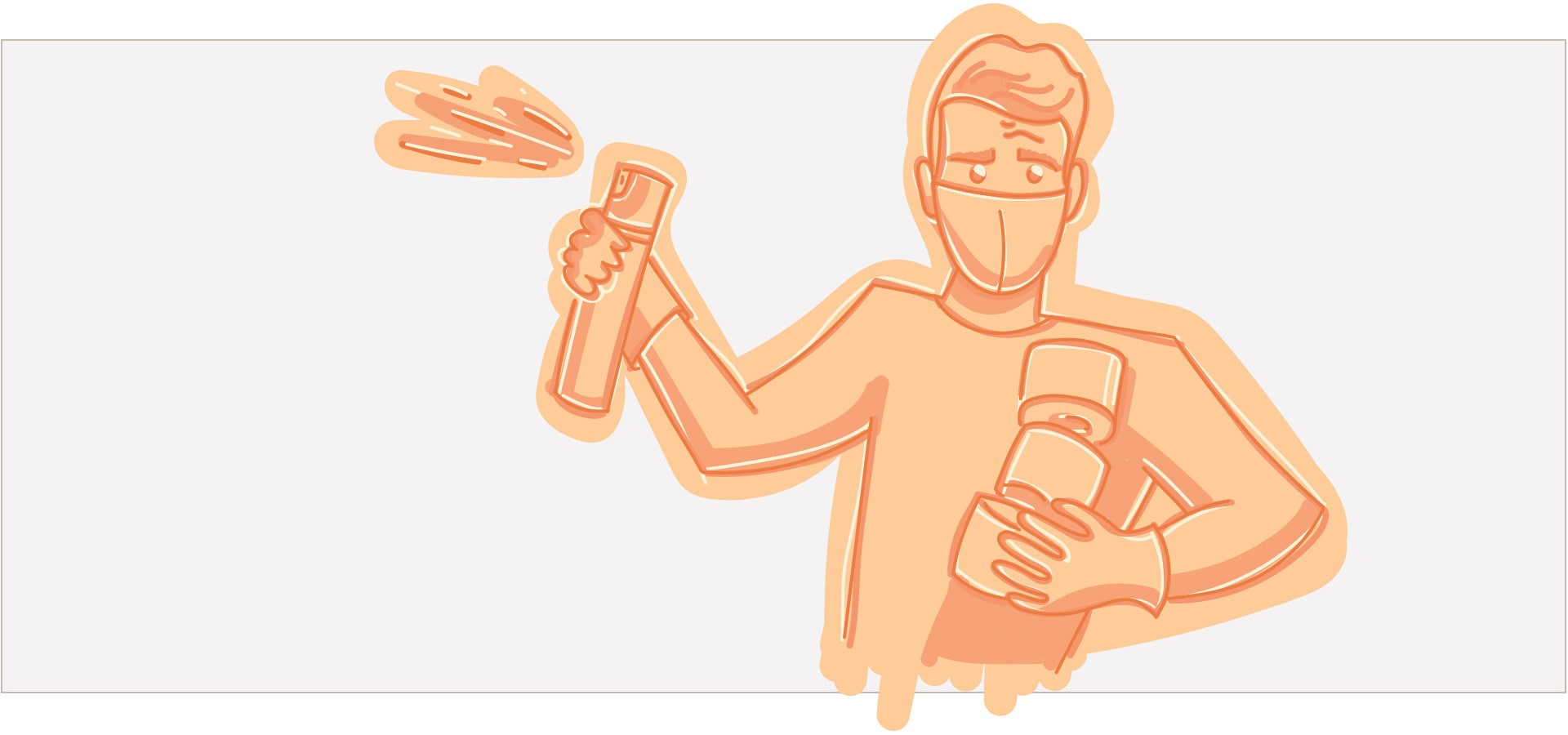
A 22-year-old Writer and Avid Traveler Shares What He Has Learned from Different Cultures about the CORONAVIRUS and Life
The fear factor.
My perspective on COVID is different from most people’s. I’ve experienced the pandemic in three countries: France, America and Croatia. My collegiate schooling is over, but my education continues. Over the last six months, I feel like I’ve gotten a master’s degree in psychology and human behavior—and how they intertwine to shape cultures differently.
I started off this year living in Paris with my French girlfriend, taking classes at a local university. Life was perfect. Days began with the smell of freshly baked bread in the morning and ended with lively café culture at night. Then the virus hit. As my American compatriots fled European universities, I decided to stay.
About three days before the quarantine began, I was in a grocery store. I figured I’d buy some food because every time I opened my phone, I saw Americans in Walmart throwing fisticuffs over toilet paper. I grabbed a week’s worth of food … just in case. As I checked out, the lady asked me, “Qu’est que c’est?” “What is this?” What she meant was why are you buying so much food? “COVID,” the next customer said, holding a bottle of wine. The clerk rolled her eyes; the bystander rolled his eyes; I felt like an idiot. This was the beginning of the new chapter of my education.
The reality played out and I never needed to stock up on preserved pasta sauces. The bakeries and butchers remained open; the essentials remained available. My fear of the unknown wasn’t helpful. At first, I was perplexed with the nonchalant approach of the French; now I find it beautiful. By the time I returned home to a shut-down America in July, life had returned to fairly normal in Paris.
In my Studio City neighborhood, usually filled with friendly smiles, I discovered hostility. Per usual, I hiked almost daily. Yet my favorite treks in Fryman Canyon were anything but relaxing. People looked guilty about being in a public place, essentially hiding from each other on the slopes. Some hikers berated others for not wearing masks. Coming from France, I felt that the aggression was stark—and alarming. And the level of fear, almost viewed as virtuous here, struck me as unhealthy.
I am currently experiencing the pandemic in a third country, Croatia, which seems to be at the other end of the spectrum. Croatians seem fearless. Since opening their borders to tourism in July, Croatia, a country that had almost no cases, has experienced a slight uptick. People here don’t seem to mind. The elderly and vulnerable take extra precaution but for the most part life is pretty normal here. They sanitize at restaurants and servers wear masks, but there is no calculable fear. Life carries on.
Having experienced a trio of different approaches, I’m pretty much at my thesis. I believe in all the necessary precautions, from social distancing to handwashing, especially for the most vulnerable. But from what I’ve seen, fear isn’t necessary in this fight. And it is not a key component to staying healthy. I take a note from the French. We don’t need to fear life to actually live it. n
Price Stephens is a freelance writer based in Studio City.
Having returned from Croatia, he is currently planning his next trip, which will be to South America.





